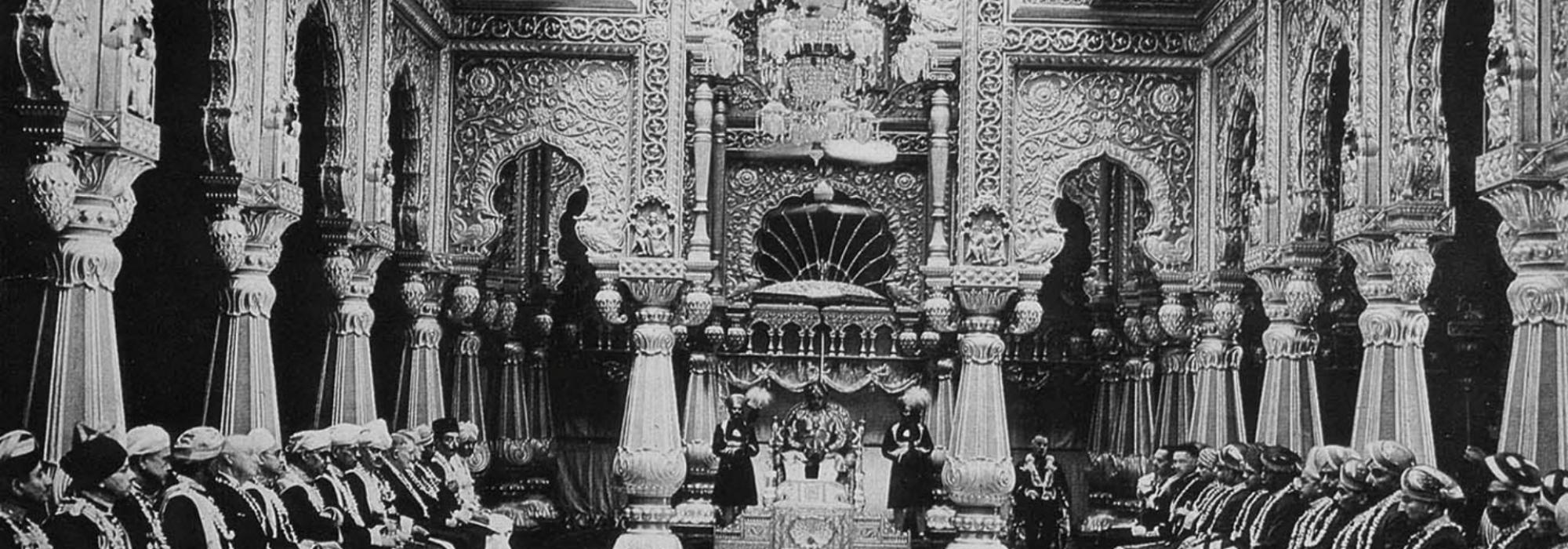विद्याधरोsप्सरोयक्षरक्षोगन्धर्वकिन्नराः |
कृष्णराज महाराज ! गायन्ति तव वैभवम् ||
Mummaḍi Śrī Kṛṣṇarāja Wodeyar (i.e., Krishnaraja Wodeyar III) was famous for his scholarship and his patronage of scholars. It was during his reign that the epics Rāmāyaṇa and Mahābhārata were translated completely in prose form into the Kannada language. Several great scholars such as Kuṇigal Rāmaśāstri, Sosale Garaḻapuriśāstri, Kāśi Śeṣaśāstri, Karūru Śrīnivāsācārya, and Gūḻi Bāḻācārya were supported by him.
Once, the king was deep in conversation with Kāśi Śeṣaśāstri, a polymath who was well versed in grammar and other śāstras. They had a good rapport with each other. The king remarked that a person who has devoted himself to the exclusive study of the śāstras might not be able to enjoy light-hearted poems. Upon hearing this, Śeṣaśāstri flared up, true to his nick-name ‘firebrand’ (“Beṅki cūru” – a nick-name that the king had given him). He retorted saying that only fools thought so. The king then placed a samasyā before Śeṣaśāstri and asked him to solve it. The samasyā was a line from the Amarakoṣa, a Sanskrit thesaurus, which goes like this: विद्याधरोsप्सरो यक्षरक्षो गन्धर्वकिन्नराः.
Śeṣaśāstri’s reply was equally spontaneous – “कृष्णराज महाराज ! गायन्ति तव वैभवम्”.
The king lauded the solution and congratulated Śeṣaśāstri.
The poem says that the demi-gods – vidyādhara, apsara, yakṣa, rākṣasa, gandharva and kinnara sing in praise of the king.
Adapted from Kannada by Arjun Bharadwaj
(The original article is from the anthology Kavitegondu Kathe.)















































